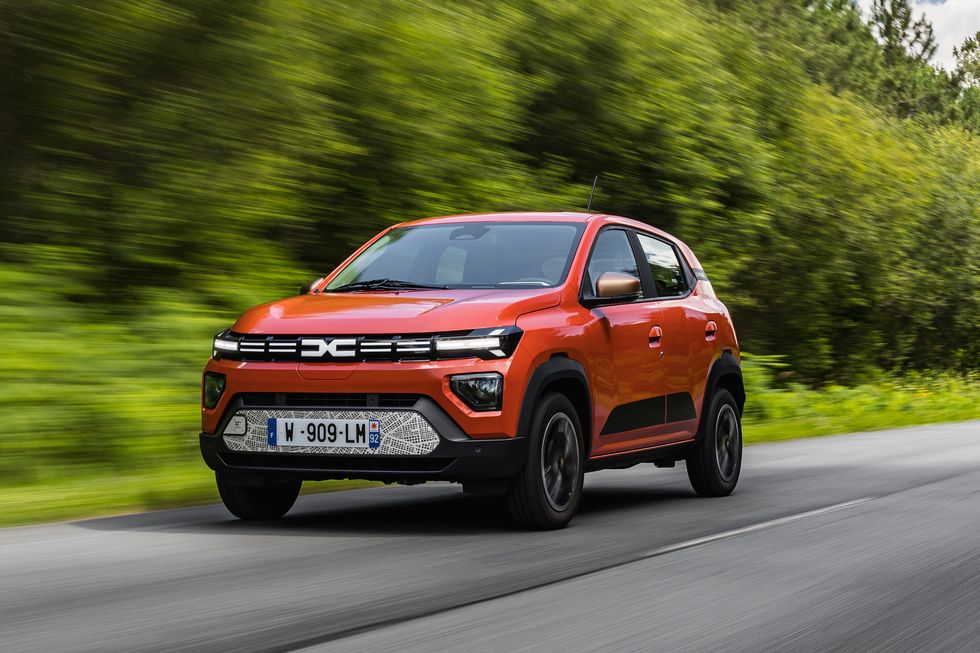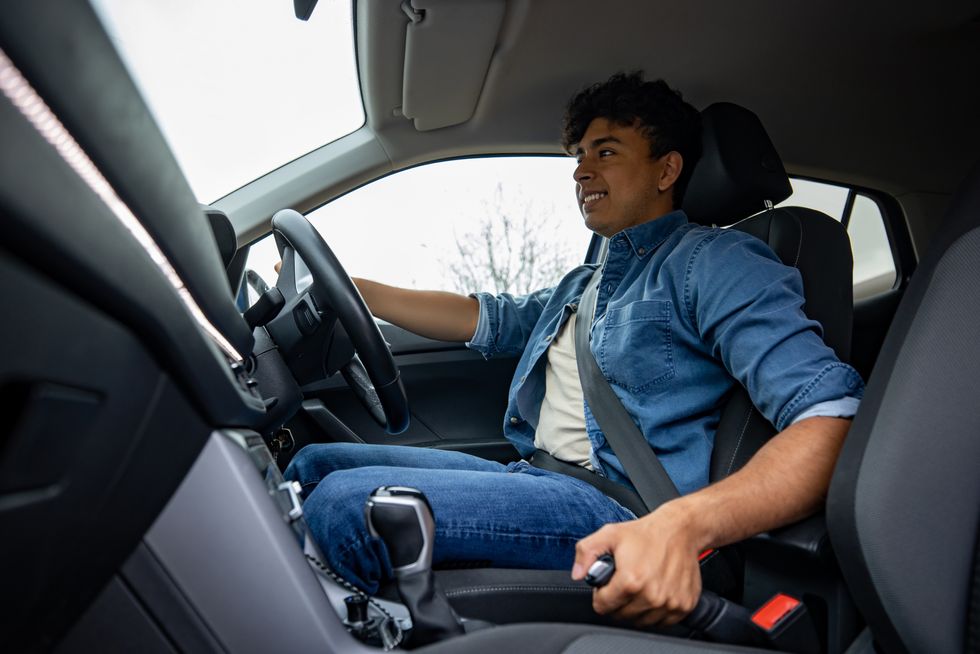Felix Reeves
Guest Reporter

One of the most common features in vehicles for millions of drivers has all but vanished from UK roads, with just one model launched in the past year still offering it as standard equipment.
A new study has revealed that among 42 new cars launched over the last 12 months, only the Dacia Spring comes equipped with a traditional manual handbrake.
The finding highlights the dramatic shift in automotive design, as manufacturers increasingly favour electronic parking brakes over the conventional lever-operated system.
The Romanian-made Dacia Spring stands alone in maintaining this traditional feature, while its parent company Dacia remains one of the few manufacturers still committed to manual handbrakes, fitting them to four out of their five models.
Do you have a story you'd like to share? Get in touch by emailing [email protected]

The shift away from manual handbrakes is starkly reflected in current market figures, with just 49 out of 587 new models (eight per cent) available in the UK featuring this traditional system.
This represents a significant change in the automotive landscape, where manual handbrakes were once considered essential equipment in every vehicle.
Popular models that previously offered manual handbrakes, including the Volkswagen Up!, Vauxhall Crossland, and Fiat Tipo Cross, have since been discontinued.
Their replacements, such as the Fiat 600 hybrid and Vauxhall Frontera, now come equipped with electronic handbrakes instead.
Of the 39 manufacturers analysed, only three now fit manual handbrakes to more than 50 per cent of their model range, while just 14 manufacturers offer manual handbrakes on more than one model in their current lineup.
Chris Knapman, UK editorial director of CarGurus, said: "As with many examples of automotive technology, the electronic parking brake started out as a luxury feature before slowly becoming more mainstream."
"By 2019, when CarGurus first started tracking how the electronic parking brake was taking over from the more traditional handbrake, the technology had already made its way into 70 per cent of new cars."
The decline in manual handbrakes has been particularly dramatic over the past five years, with a 73 per cent drop in models featuring this option between 2019 and 2024.
In 2019, 29 manufacturers offered manual handbrakes on at least one model, compared to just 19 in 2024, marking a 34 per cent decrease.
The transformation is perhaps most evident in BMW's product range, which has completely eliminated manual handbrakes after offering them on 14 different models in 2019.
Similar shifts can be seen across other major manufacturers, with Fiat reducing its manual handbrake offerings from 13 models to just four.
Renault has also dramatically scaled back, moving from eight models with manual handbrakes to just one over the same period.
LATEST DEVELOPMENTS:
- SUV owners issued serious threat as climate protesters target 'monster' vehicles - 'Time to hold them to account'
- Drivers with larger petrol and diesel cars could face 'Land Rover tax' and new parking restrictions
- Elderly motorists face strong calls to have 'mature driving assessments' and eyesight checks

Knapman continued, saying: "Over the subsequent five years its popularity has continued to grow, and it is now standard equipment on almost every new car on sale.
"Of course, for those not yet wishing to bid farewell to the manual handbrake, the used car market still offers buyers plenty of choice."
For those still preferring the traditional manual handbrake, Knapman noted that the used car market continues to offer plenty of options for buyers.
Find Out More...
